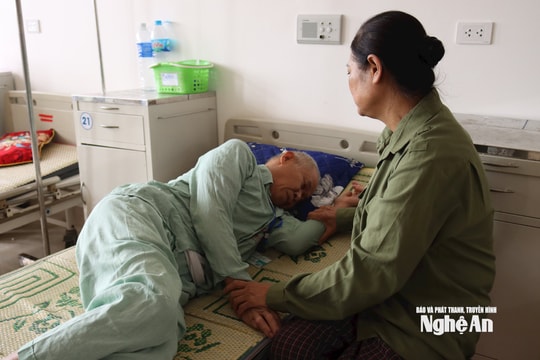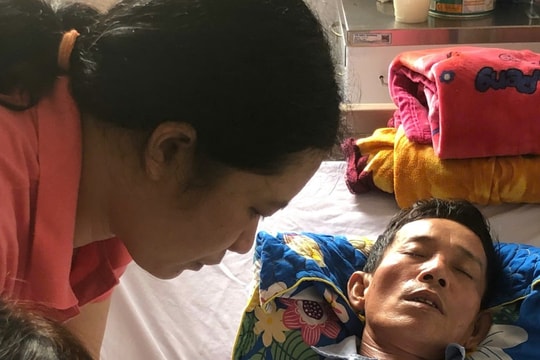Oncologist: "Cancer Will Become a Chronic Disease"
Cancer is being gradually defeated and will become a controllable chronic disease in about 10 years, the leading researcher on the disease said.
Cancer surgeon Yiannis Spiliotis spoke about the future of the fight against cancer at the Second International Conference on Healthcare Leadership and Innovation held last week in Athens, Greece.
Graduated from the University of Patra Medical School, Dr. Spiliotis has done research and taught at the Institute of Oncology of the University of Montepllier, France. He currently works at the Thessaloniki 'Diavalkaniko' Medical Center and the Athens Medical Center.
 |
| Photo: Bartlesville Regional United Way. |
Dr. Spiliotis said that 25-30% of cancer cases have a genetic basis. Thanks to the decoding of the human genome since the 2000s, humanity can now diagnose and intervene early for at-risk subjects to promptly prevent the development of cancer.
A famous example Dr. Spiliotis gives is actress Angelina Jolie, who had both her breasts removed because she carried the breast cancer gene. Like Jolie, people with a family history of thyroid cancer may consider having their thyroid removed before the disease develops.
In addition to genetic factors, lifestyle and environment also affect a person's risk of cancer. According to Dr. Spiliotis, people who wake up before 6am are more likely to have health problems because this is when the brain secretes hormones that control stress, and stress is related to cancer.
Another example involves hair dyeing habits. Dr. Spiliotis says dyeing your hair more than nine times a year can increase your risk of developing leukemia.
Of course, the above two examples do not mean that anyone who dyes their hair or wakes up too early will get cancer, but only show that many factors are needed to prevent cancer.
“Lifestyle, exercise habits, nutrition all play a role. You have to be careful with a lot of things,” Dr. Spiliotis advises.
One of the most desperate questions cancer patients ask is: "Why me?" However, according to Spiliotis, the future for cancer patients is no longer as bleak as before.
"Cancer is being defeated. In 10 years, it will become a chronic disease like what happened with tuberculosis and diabetes," he said in his keynote speech at the conference.
In addition, the survival time of cancer patients is increasing. In the 1970s, they only lived about six months to a year from the date of diagnosis. By 2010, some patients lived an additional 15-16 years.
Dr. Spiliotis’s comments are similar to those of Dr. Lisa Coussens of the Institute of Developmental and Cancer Biology. In April 2018, at the annual meeting of the American Association for Cancer Research, Ms. Coussens said that curing cancer is not a realistic goal. Instead, medicine should aim to manage cancer as a chronic disease similar to diabetes.
In fact, back in 2016, the American Cancer Society proposed recognizing some cancers as chronic diseases. "Cancer doesn't happen once. Even with treatment, it often doesn't go away. Cancer can be a chronic disease, like diabetes or heart disease," the organization's website states.




.jpg)



